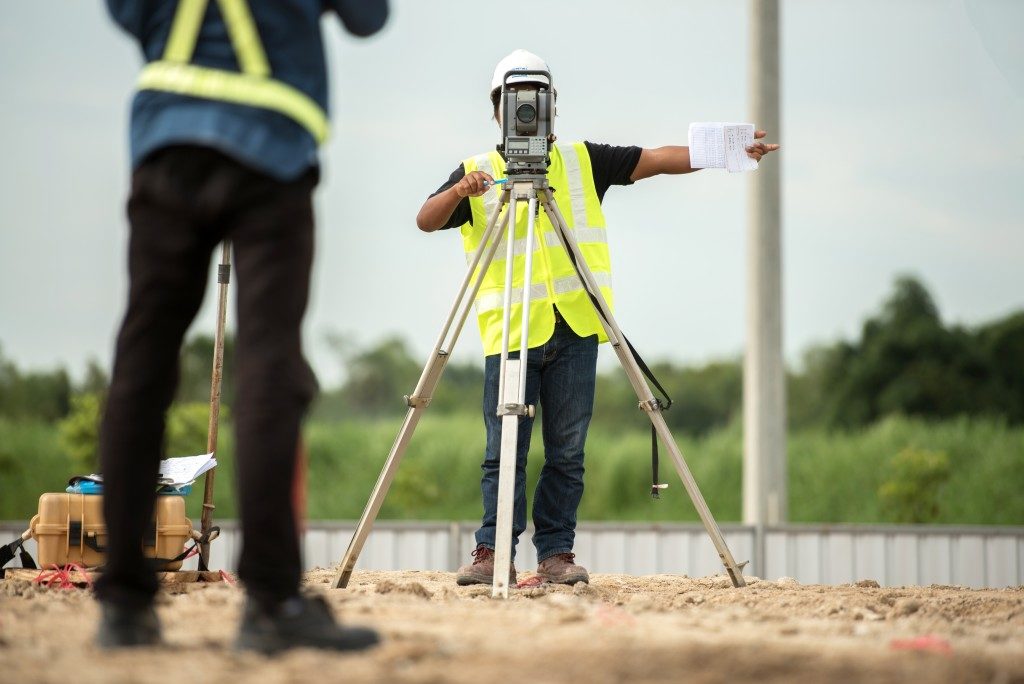Impact of Construction Delays
A delay in construction means a delay in the completion of the project, which, in turn, means that the client’s timeline would be significantly affected. However, a construction delay can have more dire repercussions to the general contractor. A delay can result in huge expenses in terms of having to pay for extra staff hours and machinery/equipment rental. It can also lead to a lawsuit due to breach of contract from not being able to deliver at the agreed-upon timeline. Moreover, it can significantly damage the contractor’s reputation and would harm the chances of the firm from getting future clients.
As such, we’ll be taking a look at various tips to help general contractors avoid delays and its consequences:
Be Realistic and Consider Contingencies
Most clients would want their projects done at the soonest possible time. And sometimes, general contractors would end up quoting somewhat-idealistic timelines that are very difficult to keep up. To be clear, an ‘idealistic’ timeline is one that assumes that no delays would occur. However, a lot could of external factors result in unavoidable delays, despite having contingency plans in place. The bottom line here is that, to avoid delays, make sure that you provide a timeline that considers delays. Remember, if you’re not able to meet your timeline or an unrealistic timeline by the client, you’ll be losing more than just money.
Be Meticulous in Your Schedule Planning
Planning plays a major role not only in finishing the project properly but in meeting each phase and milestone on schedule. So make sure that you allocate enough time and thought into every step of the project, detailing all the tasks and resources needed, and also include contingency plans in case of issues such as machine breakdowns, or uncontrollable factors such as the weather.
Be Prepared In Case of Machinery Breakdown or Labour Issues

Two issues that can cause major delays are machinery breakdown and labour problems. Simply put, if you don’t have a working machine to complete the task, and/or enough manpower to man the machine (and also perform the tasks), this would cause a huge amount of delay. So make sure that you already have a plan in place for these issues by having a contact number of other subcontractors and repairmen. You also want to make sure that you have access to all the replacement parts for your machinery — so you may also want to start looking for used forklifts in Australia just in case your current bucket gets damaged. Lastly, it’s recommended that you inspect and perform maintenance and repairs on your machinery, and also train/retrain your workers before construction starts to minimise the risk of breakdown, and also lower the risk of injuries and mistakes due to lack of training.
Secure All Your Resources (and Contingency Plans) in Advance
Once a detailed plan is in place, you’ll already know all the resources you need, from subcontractors, manpower, equipment and machinery, materials, and so on. Even before the construction bidding phase, it’s important that you already have a list of subcontractors, suppliers, and manpower agencies (if needed), so you can avoid delays at the pre-construction and planning phase. And upon being awarded the contract, you’ll want to have all the resources ready way before construction begins. Additionally, make sure that you also have the resources for your backup plans ready — like having another manpower agency ready just in case the current one can’t deliver.
Conclusion
It’s important to avoid delays at all cost, but it’s also important to take note of uncontrollable factors that can cause delays such as natural or manmade catastrophes so you can negotiate an extension with your client. And, most importantly, make sure that you don’t sacrifice your workers’ health and/or overwork your machinery just to catch up with delays as it can even be costlier in the long run.

